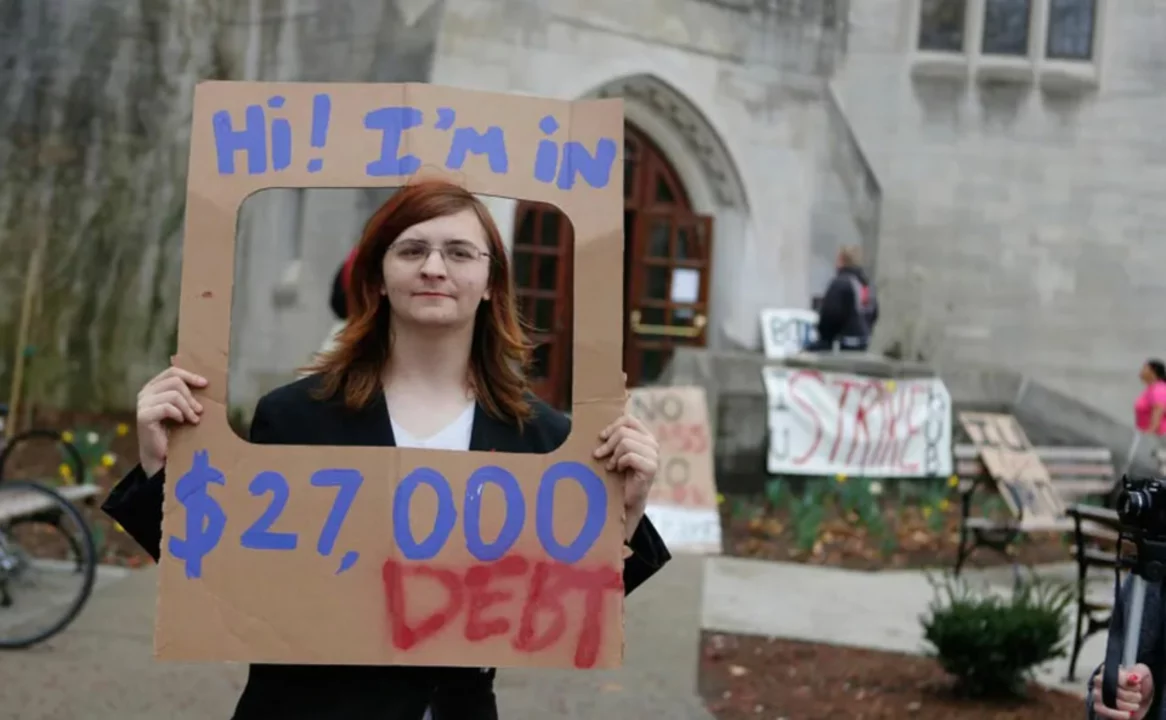The Pros of Free College and Health Care in the United States
Free college and health care in the United States would provide a number of advantages to those living in the country. The most obvious benefit is that people would have access to higher education and health care that are otherwise not available, or not affordable. This would provide individuals with more opportunities to increase their knowledge and skills, as well as to receive necessary medical treatments and care. Additionally, free college and health care would create a level playing field for everyone, regardless of their financial background. This would also help to reduce the gap between the rich and the poor, and provide more opportunities to those who cannot afford to pay for expensive college tuition and medical bills.
Free college and health care would also help to reduce the strain on the government. By providing citizens with the necessary resources and services, the government would not have to spend as much money on providing these services itself. This could result in more money being allocated to other areas, such as infrastructure and law enforcement, which would ultimately benefit the country as a whole.
Furthermore, free college and health care would help to reduce the cost of living for many individuals. By providing citizens with resources and services that would otherwise be too expensive for them to access, individuals would have more money to spend on other necessities such as food, housing, and transportation. This could lead to an overall improvement in the quality of life for many people, as well as an increase in the overall economic stability of the country.
The Cons of Free College and Health Care in the United States
Although there are many advantages to free college and health care in the United States, there are also some drawbacks associated with this concept. The most significant of these drawbacks is the potential for abuse. If free college and health care are available to everyone, there is always a chance that some people will take advantage of the system and access services that they do not need or cannot afford. This could lead to increased costs for the government, as well as an overall decrease in the quality of services available.
In addition, free college and health care in the United States could lead to a decrease in the quality of services available. If everyone has access to these services, then the quality of education and medical care may be lower than if these services were only available to those who could afford them. This could lead to a decrease in the overall quality of life for many individuals, as well as a decrease in the economic stability of the country as a whole.
Finally, free college and health care in the United States could potentially lead to an increase in the national debt. If the government is providing these services to citizens without charging them, then the money has to come from somewhere. This money could come from taxes, or it could come from government borrowing. Either way, this could lead to an increase in the national debt, which could have serious economic consequences.
Exploring the Political Divide Over Free College and Health Care in America
The debate over free college and free health care in America is as old as the nation itself. On one side are those who believe that providing free college and health care is essential to ensure that all Americans have access to a quality education and health care. On the other side are those who argue that providing free college and health care would be too expensive and would lead to unwanted government interference in people's private lives.
The divide between those who support free college and health care and those who oppose it is largely a partisan one. Liberals are much more likely to support free college and health care, while conservatives tend to be more skeptical. This is largely due to the fact that conservatives tend to prioritize individual responsibility and freedom over government intervention, while liberals are more likely to favor government intervention when it comes to issues like education and health care.
The debate over free college and health care is also one of economics. Supporters of free college and health care argue that it would help reduce inequality and boost the economy by providing an educated workforce and healthier citizens. Opponents of free college and health care worry that it would lead to an increase in government spending and an increase in taxes.
The debate over free college and health care in America is a complex one, and it is unlikely to be resolved anytime soon. Both sides have passionate supporters and strong arguments, and it is clear that there is no easy solution. However, it is important to consider the economic and political implications of both sides of the argument in order to make an informed decision.
Ultimately, it is up to the American people to decide which path to take when it comes to free college and health care. It is a decision that could have profound implications for the future of the nation, so it is important for all Americans to consider the potential consequences of their decisions.
